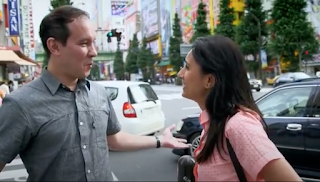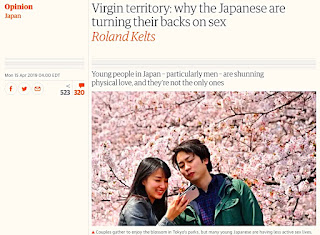When Japan strikes the right chord The Japan Times American composer, arranger and violinist Chad Cannon’s first encounter with Japan came via a Nintendo video game called Ninja Gaiden, which he and his fellow childhood gamers in Salt Lake City, Utah, mispronounced as “Ninja Gayden.” Later, an older sister, also a musician, would return from a tour of Japan bearing a gift shop special: a Hokkaido-shaped clock that he hung on his bedroom wall. Now 33, Cannon is an accomplished artist immersed in Japanese culture. He has toured with the renowned violinist Midori Goto, and performed solo concerts in schools and evacuation centers throughout the devastated Tohoku region after the March 11, 2011 disasters. In 2016, he composed the original score for the award-winning Hiroshima documentary, “Paper Lanterns,” whose recording features shakuhachi flute player Kojiro Umezaki and vocalist/lyricist Mai Fujisawa. Fujisawa’s father, veteran composer and conductor Joe Hisaishi, bes...





